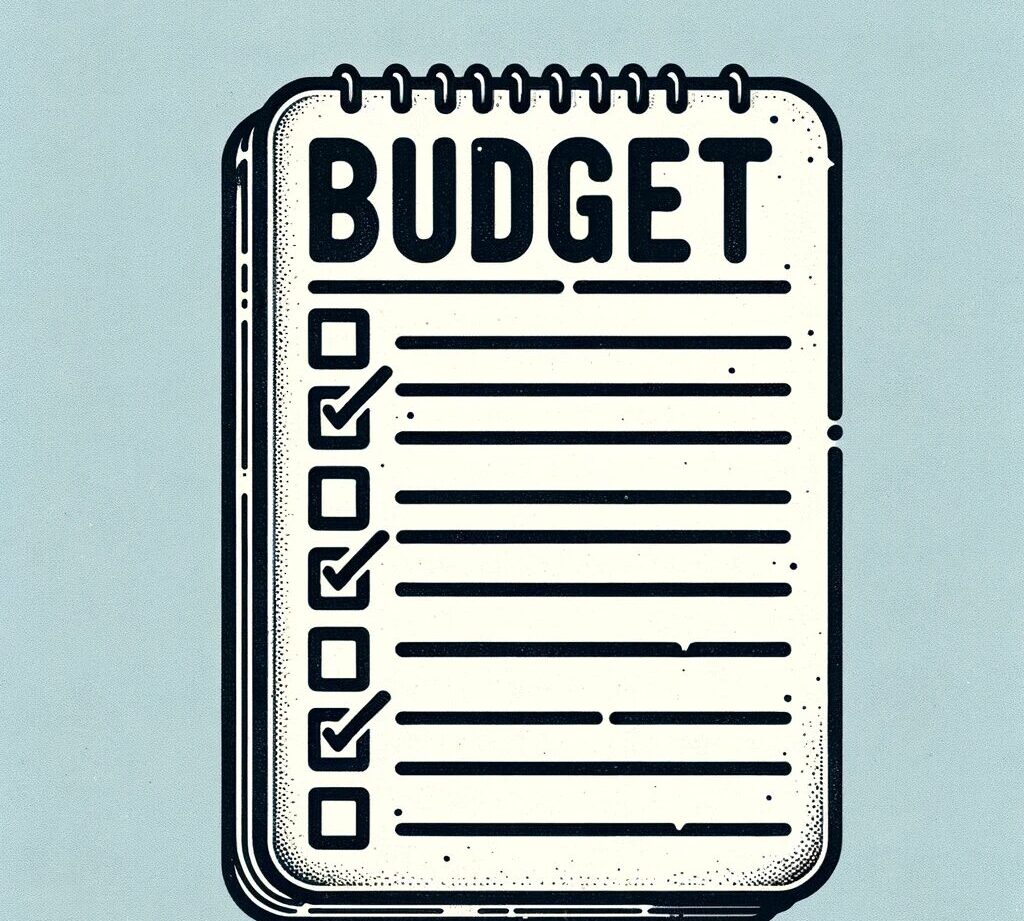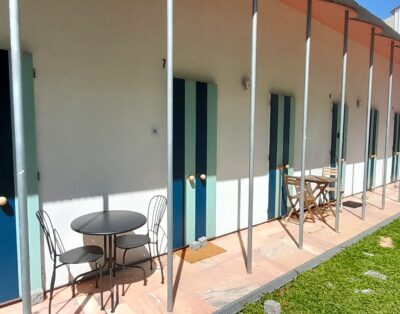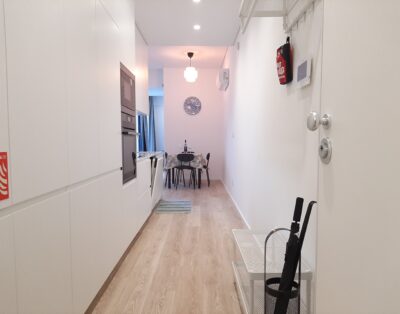Navigating Budget Management for Rental Properties

Effective budget management is pivotal for landlords aiming to maintain their rental properties efficiently while ensuring profitability. It involves careful planning, monitoring expenses, and making strategic decisions to balance costs with income. This comprehensive guide explores essential aspects of budget management for rental properties, offering insights into creating and optimizing your financial strategy.
Establishing a Budget
- Start with Income Assessment: Calculate your total income from rent and any other sources related to the property. This will serve as the foundation for your budget.
- Identify Fixed and Variable Expenses: Categorize your expenses into fixed (e.g., mortgage payments, property taxes, insurance) and variable (e.g., repairs, utilities, marketing) categories. This distinction helps in planning and adjusting your budget more effectively.
- Plan for Maintenance and Repairs: Allocate a portion of your budget to routine maintenance and unforeseen repairs. A general rule is to set aside 1-2% of the property’s value for maintenance each year.
- Emergency Fund: Establish an emergency fund to cover unexpected major expenses, such as emergency repairs or vacancies. Aim to save at least three to six months’ worth of operating expenses.
Optimizing Expenses
- Regular Maintenance: Investing in regular maintenance can prevent more significant, costly repairs down the line, extending the life of your property’s components.
- Energy Efficiency Improvements: Upgrading to energy-efficient appliances and systems can reduce utility costs over time, enhancing your property’s appeal and profitability.
- Vendor Relationships: Build relationships with trusted vendors and service providers to secure better rates and service quality for maintenance and repairs.
Monitoring and Adjusting the Budget
- Track Expenses and Income: Use property management software or a simple spreadsheet to track all income and expenses related to your property. Regular tracking aids in identifying trends and areas for adjustment.
- Review and Adjust Regularly: Analyze your budget periodically (at least quarterly) to adjust for any changes in income or expenses. This proactive approach allows you to address financial issues promptly.
Additional Financial Considerations
- Tax Implications: Understand the tax implications of your rental income, including deductible expenses that can reduce your tax liability. Consider consulting a tax professional to maximize your deductions.
- Reserve Fund for Upgrades: Beyond maintenance, consider setting aside funds for property upgrades or renovations that can increase rental income or property value over time.
- Vacancy Planning: Account for potential vacancies in your budget planning. Set aside a portion of rental income during occupied months to cover periods when the property may not generate income.
Leveraging Technology for Budget Management
- Financial Management Tools: Utilize financial management tools or property management software that includes budget tracking features. These tools can automate many aspects of financial tracking and reporting.
- Online Payment Systems: Implement online rent collection to streamline income tracking and minimize delays in payment collection.
Securing Financial Stability in Property Management
Budget management for rental properties requires a balance between meticulous planning, ongoing monitoring, and strategic adjustments based on financial performance. By understanding and implementing sound financial practices, landlords can ensure the longevity and profitability of their rental investments. Effective budget management not only helps in maintaining the property in top condition but also in achieving long-term financial goals and stability.
Need help managing your property? Contact us here!













